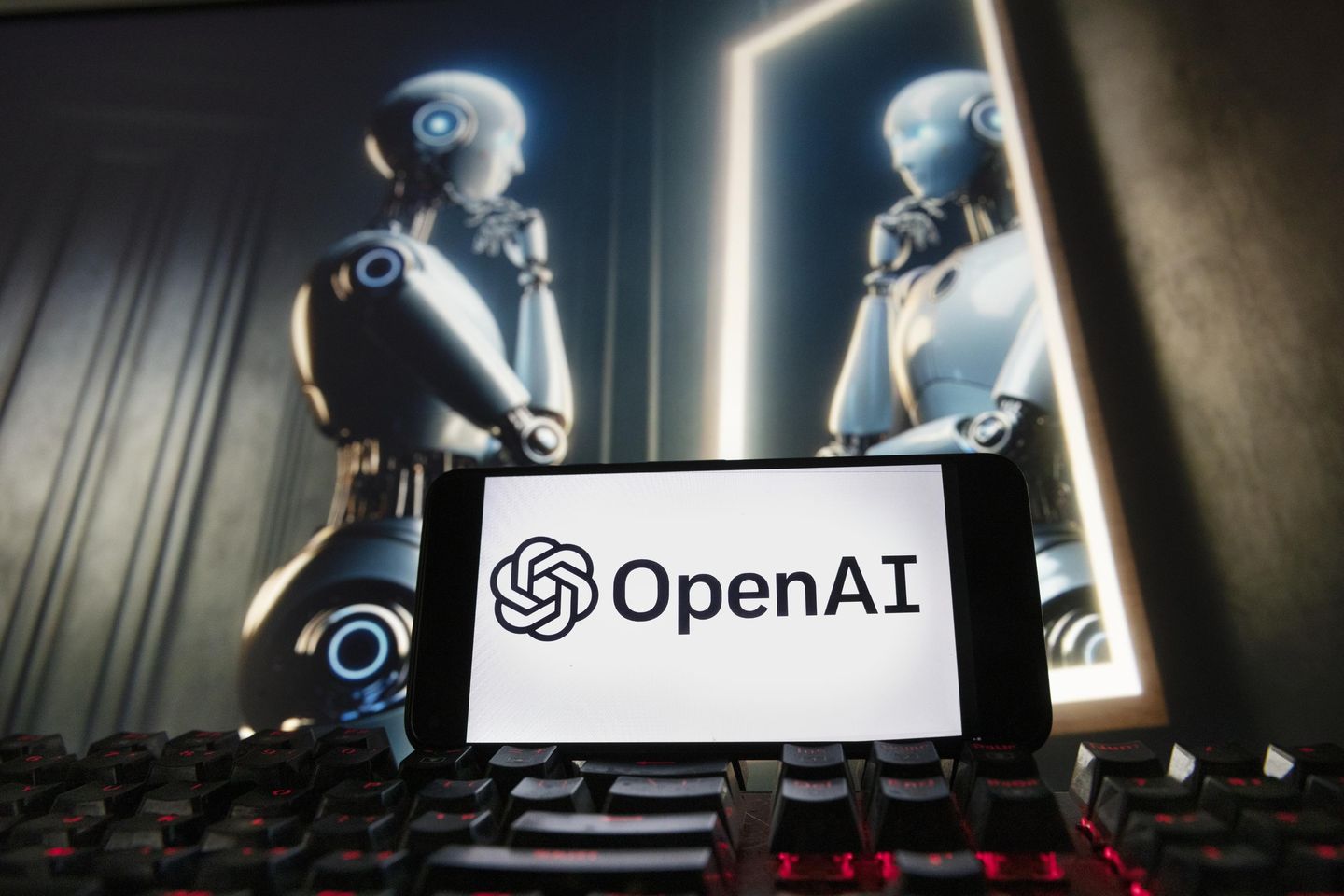Ilya Sutskever, the former leader at OpenAI who recently resigned from the company, spoke out on Friday about his concerns regarding the prioritization of safety at the influential artificial intelligence organization. Sutskever expressed his belief that safety has been overshadowed by a focus on developing impressive and marketable products. This shift in priorities raises important questions about the potential risks associated with advancing artificial intelligence technology without adequate consideration for safety measures.
Sutskever’s comments highlight a tension that exists within the field of artificial intelligence, as companies and researchers strive to push the boundaries of what is possible with AI while also grappling with the ethical and safety implications of their work. The desire to create cutting-edge products that capture public interest and generate revenue can sometimes lead to a neglect of important safety considerations. Sutskever’s decision to speak out about this issue suggests that he believes it is crucial for organizations like OpenAI to prioritize safety alongside innovation.
The concerns raised by Sutskever are particularly significant given OpenAI’s reputation as a leading organization in the field of artificial intelligence. The company has been involved in high-profile projects and has made significant contributions to the development of AI technology. As such, the decisions and priorities of OpenAI can have a significant impact on the broader AI community. If safety is indeed taking a backseat to the development of marketable products at OpenAI, it raises questions about the potential risks associated with the company’s work and the implications for the future of AI technology.
Sutskever’s comments also underscore the importance of ongoing discussions about the ethics and safety of artificial intelligence. As AI technology continues to advance at a rapid pace, it is crucial for researchers, developers, and policymakers to engage in conversations about how to ensure that AI systems are developed and deployed in a way that minimizes potential harm. This includes considering issues such as bias in AI algorithms, the impact of AI on job displacement, and the potential for AI systems to be used in harmful ways.
Ultimately, Sutskever’s decision to speak out about safety concerns at OpenAI serves as a reminder of the complex and multifaceted challenges associated with the development of artificial intelligence. As the field continues to evolve, it is essential for organizations and individuals involved in AI research to prioritize safety and ethics alongside innovation and marketability. By addressing these issues head-on and engaging in open and transparent discussions, the AI community can work towards creating a future in which AI technology is developed and deployed in a responsible and ethical manner.









